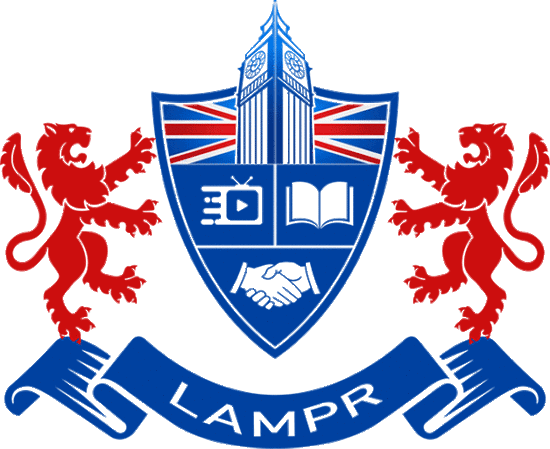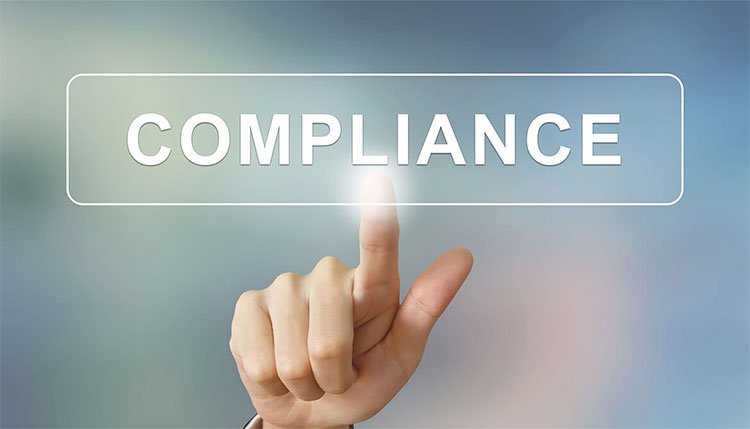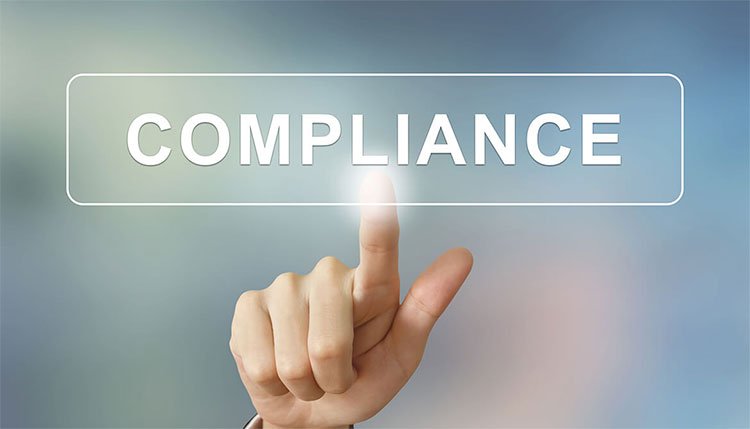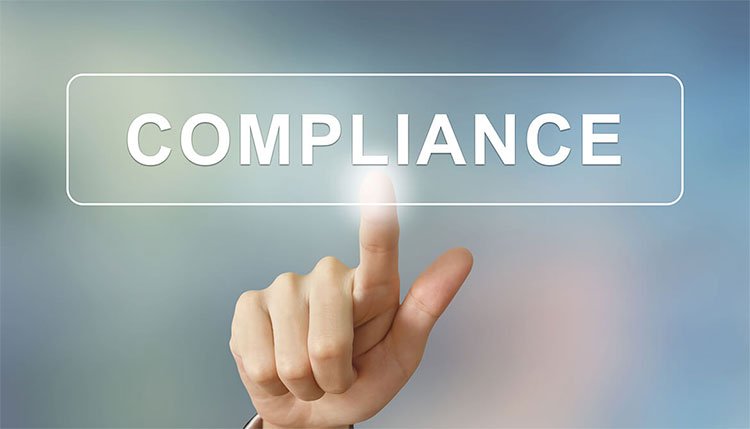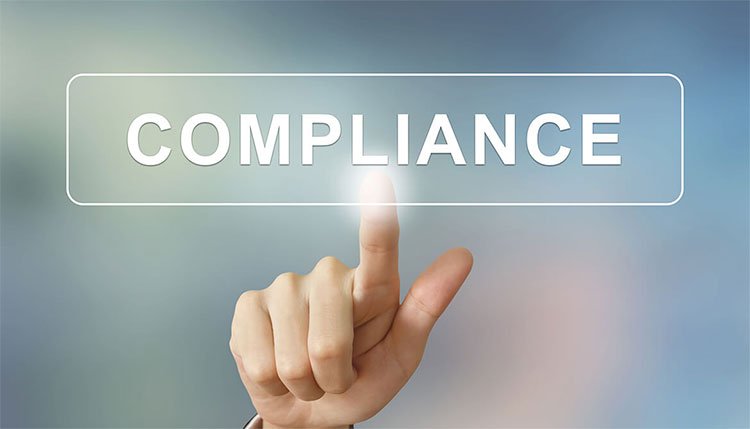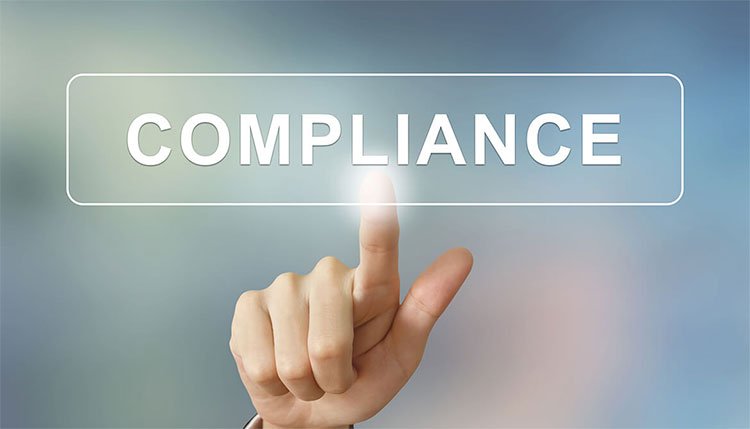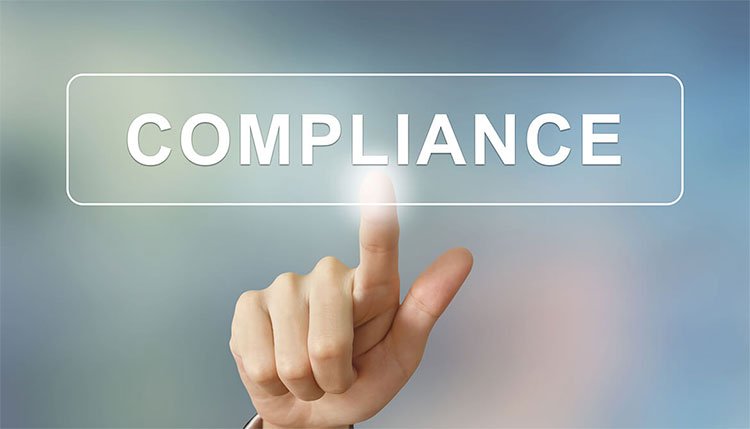Course Description
International protocols and diplomatic traditions are fundamental elements in ensuring effective and respectful interactions between states and diplomatic missions. This course aims to equip participants with the knowledge and skills necessary to understand and correctly apply international protocols and diplomatic traditions when dealing with diplomatic missions. This training will help participants build strong diplomatic relationships and maintain a professional international image.
Course Objectives:
- Introduce participants to the concepts and fundamentals of international protocols and diplomatic traditions.
- Develop effective skills for handling diplomatic missions.
- Enhance deep understanding of the importance of protocols in international relations.
- Provide participants with the tools needed for professional and respectful interactions with diplomats.
Course Outcomes:
- Comprehensive understanding of the principles and fundamentals of international protocols and diplomatic traditions.
- Advanced skills in dealing with diplomatic missions.
- Improved ability to apply international protocols in various situations.
- Enhanced capacity to build strong and sustainable diplomatic relationships.
Course Outline for 5 Days:
Day 1: Introduction to International Protocols and Diplomatic Traditions
- Definition and Importance of International Protocols
- History and Evolution of Diplomatic Traditions
- Basic Principles of International Protocols
- The Role of Protocol in Enhancing International Relations
Day 2: Handling Diplomatic Missions
- Receiving Diplomatic Missions
- Organizing Official Meetings
- Preparing Programs and Official Visits
- Managing Cultural Challenges
Day 3: Rules of Diplomatic Protocol
- Hierarchy and Precedence in Diplomacy
- Etiquette in Diplomatic Correspondence
- Organizing Banquets and Official Events
- Protocol for National Flags and Anthems
Day 4: Effective Diplomatic Communication
- Techniques of Verbal and Non-Verbal Communication
- Managing Discussions and Negotiations
- Building Trust and Cross-Cultural Understanding
- Active Listening and Diplomatic Responses
Day 5: Practical Applications and Case Studies
- Analyzing Real-Life Case Studies
- Role-Playing in Diplomatic Scenarios
- Developing Customized Plans and Protocols
- Sharing Experiences and Best Practices
This course offers a balanced mix of theoretical knowledge and practical applications, helping participants gain a deep understanding and practical skills in the field of international protocols and diplomatic traditions, enabling them to interact confidently and professionally with diplomatic missions.
Features
- Airport-to-hotel transfer.
- Coffee breaks.
- Study materials.
- Farewell open buffet.
- London tours, Buses & boats.
- Hotel-to-airport transfer.
